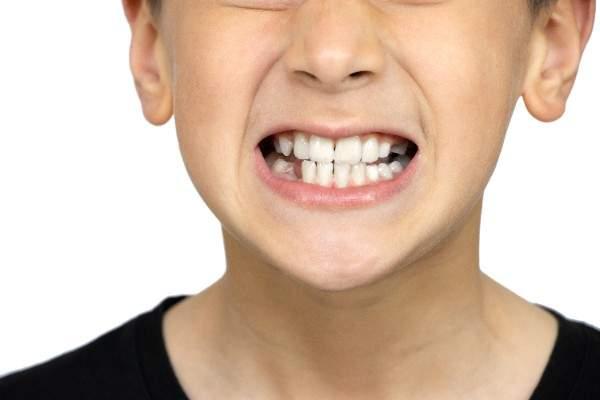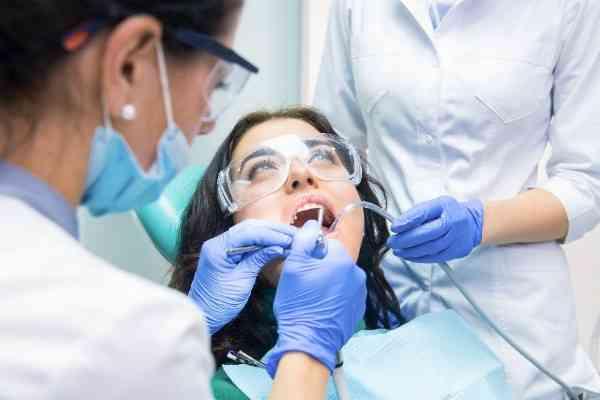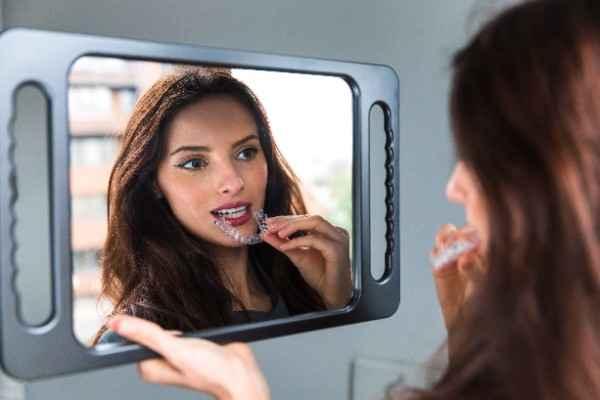Expert Help for Knocked-Out or Broken Teeth in Inverness

A dental emergency can strike without warning. A cracked molar while eating, a child’s tooth knocked out during play, or a sudden impact during sport these moments are painful, stressful, and can have lasting consequences. But with fast and expert attention, much of the damage can be reversed, especially if you act quickly.
In these cases, the support of an emergency dentist in Inverness is invaluable. From managing pain to preserving the tooth and preventing infection, emergency care ensures you receive the right treatment right when you need it most.
The Most Common Causes of Dental Trauma
Tooth injuries are more common than many realise. They occur in everyday situations, often when we least expect them. Understanding what leads to these incidents can help you reduce risk and respond effectively if it happens.
|
Common Cause |
Risk Level |
Suggested Prevention |
|
Sports injuries |
High |
Wear a custom-fit sports mouthguard |
|
Falls or slips |
Moderate to High |
Be cautious in slippery or cluttered areas |
|
Biting hard objects |
Moderate |
Avoid chewing ice or unpopped popcorn |
|
Using teeth as tools |
High |
Never open packaging or bottles with teeth |
|
Orthodontic appliance failure |
Moderate |
Regular check-ups with your orthodontist |
If you're already seeing an orthodontist in Inverness, even a small incident can have consequences on your treatment plan making prevention and prompt care even more essential.
What To Do Right After a Tooth Injury
What you do in the minutes following an injury can significantly affect the outcome. Remaining calm and taking the right steps can increase the chances of saving the tooth and reduce the risk of complications.
-
Hold the tooth by the crown only, never the root, if it’s completely knocked out.
-
Rinse it gently in milk or saline; don’t scrub or dry it.
-
Reinsert it into the socket if possible, or store it in milk or inside the cheek.
-
Apply a cold compress to reduce swelling or bleeding.
-
Avoid painkillers on the gum; they may irritate soft tissue.
-
Reach an emergency dentist in Inverness immediately ideally within 30–60 minutes.
Even for chipped or fractured teeth, quick action followed by professional evaluation is essential to prevent worsening.
How Emergency Dentists and Orthodontists Work Together
When orthodontic appliances are involved, dental trauma becomes a more complex issue. A blow to the mouth can not only damage teeth but also dislodge brackets, snap wires, or disrupt ongoing orthodontic progress. That’s why coordination between your emergency dentist in Inverness and your orthodontist Inverness is vital.
After initial emergency care, your orthodontist will likely assess how the injury has affected your alignment or appliance. They may need to pause or adjust your treatment plan to allow healing or re-fit broken components. Without this step, long-term results could be compromised.
This collaborative approach ensures you're cared for holistically with short-term relief and long-term correction working side by side.

Post-Treatment Tips for Recovery
Recovery from dental trauma doesn’t end once you leave the clinic. What you do at home influences healing time and success. These simple yet effective measures can help:
-
Stick to soft foods for a few days and avoid chewing near the affected area.
-
Maintain oral hygiene, but be gentle around injured gums and teeth.
-
Use prescribed mouth rinses or antibiotics exactly as instructed.
-
Attend all follow-up appointments with your emergency dentist or orthodontist.
-
Monitor the tooth any colour changes, increased mobility, or sensitivity should be reported.
-
Wear a night guard or retainer if advised, especially if you’re undergoing orthodontic treatment.
These habits support healing and prevent further trauma or infection.
Long-Term Care After Dental Trauma
In some cases, follow-up treatment may extend over weeks or months. This could include root canal therapy, cosmetic bonding, or even implant replacement if the tooth couldn’t be saved. But often, early intervention prevents the need for complex solutions.
For those undergoing orthodontic treatment, a reassessment from your orthodontist Inverness helps determine whether tooth movement needs to be modified. In certain cases, treatment may be temporarily halted and resumed once healing is complete.
Clear communication between all involved professionals will help you regain confidence in your smile and avoid additional issues in the future.
The Importance of Acting Within the ‘Golden Hour’
When a tooth is knocked out, speed is everything. There is a very small window — commonly referred to as the ‘golden hour’ in which the tooth can be successfully reimplanted and retained. Ideally, the tooth should be repositioned or stored properly and brought to an emergency dentist in Inverness within 60 minutes. Beyond this point, the chances of keeping the natural tooth decline rapidly due to dying connective tissues.
Even with broken or chipped teeth, the sooner the area is assessed and stabilised, the lower the risk of nerve damage or infection. Prompt care also reduces the likelihood of needing more invasive or costly procedures later on. That’s why many emergency practices now offer same-day walk-ins or urgent slots ensuring that help is never too far away when every minute counts.
How Children’s Dental Emergencies Are Handled
Children are especially prone to dental injuries. Whether it’s from playground mishaps, school sports, or simple curiosity, young teeth are often at the receiving end of sudden impact. Handling these emergencies requires a specific approach, both in clinical care and emotional reassurance.
In the case of baby teeth, not all knocked-out teeth need reimplanting, but evaluation is still crucial to avoid damage to developing permanent teeth. For older children with permanent teeth, time-sensitive treatment remains just as vital. A paediatric emergency dentist in Inverness will know how to communicate calmly with the child while providing swift, effective treatment.

Preventative Orthodontics to Minimise Injury Risk
Prevention doesn’t only apply to daily habits it begins with a proper orthodontic evaluation. Misaligned teeth or bite issues can increase the risk of injury, particularly during contact sports or falls. Protruding front teeth, for example, are more likely to be damaged in an impact. By working with an experienced orthodontist Inverness, these vulnerabilities can be addressed early on.
Preventative orthodontic treatment in children and teens not only improves bite function and appearance but also helps reduce exposure to future trauma. Additionally, orthodontists often advise athletes, especially those with braces, to wear specially designed mouthguards. These not only protect the teeth but also the gums, lips, and cheeks from injury caused by metal brackets or wires.
Conclusion
Dealing with a knocked-out or broken tooth can be overwhelming, but knowing where to turn makes all the difference. Quick, skilled intervention from an emergency dentist in Inverness, followed by guidance from your trusted orthodontist Inverness, offers the best chance for a smooth recovery and long-lasting dental health. With the expert support of Oohd Group, your smile is in safe hands no matter how sudden or serious the situation may be.
- Art
- Causes
- Crafts
- Dance
- Drinks
- Film
- Fitness
- Food
- Oyunlar
- Gardening
- Health
- Home
- Literature
- Music
- Networking
- Other
- Party
- Religion
- Shopping
- Sports
- Theater
- Wellness
- Script
- App
